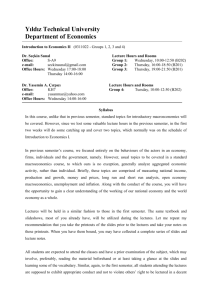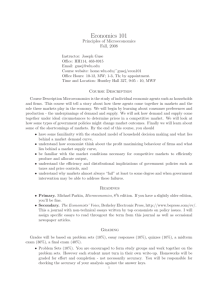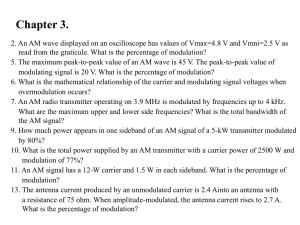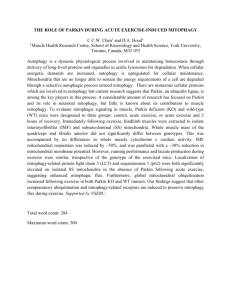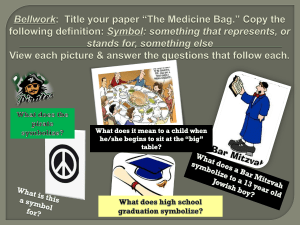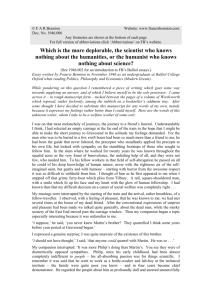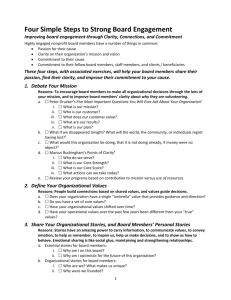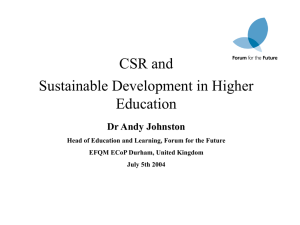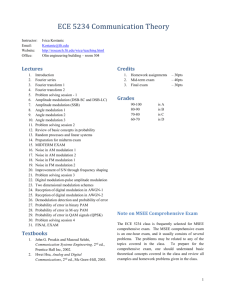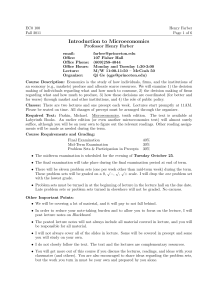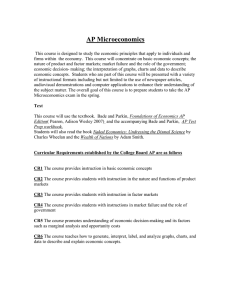Voice and the Teacher - Action Research Projects
advertisement
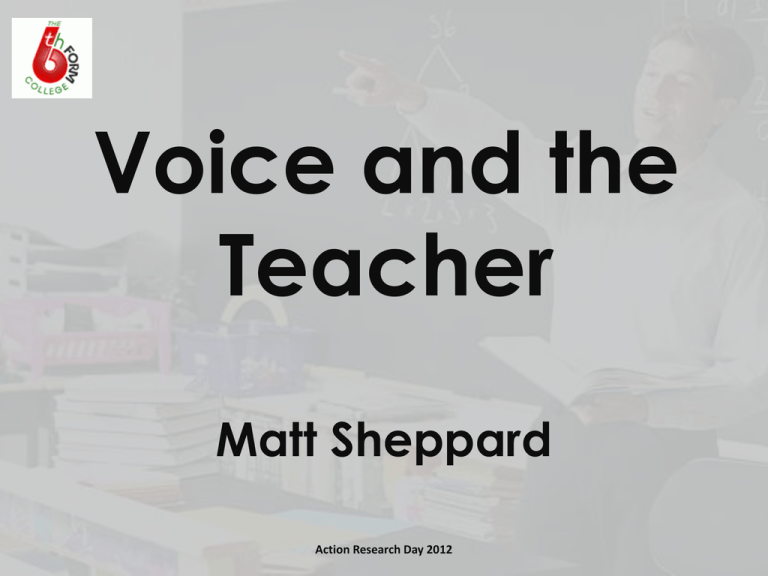
Voice and the Teacher Matt Sheppard Action Research Day 2012 Voice and the Teacher Aims of the Session • To raise awareness of the link between a good voice and effective learning •To introduce some practical based tasks and exercises to help improve the quality of the voice. Action Research Day 2012 Voice and the Teacher •Good breath control •Projection, pace and pause (modulation of voice) •Clarity and purity of voice Action Research Day 2012 Voice and the Teacher Patsy Rodenburg (Principal Voice Coach at the National Theatre), says, “The most common problems associated with the voice emanate from poor breath control. Constricted inhalation in the upper region of the lungs leads to constriction, tension and resultant problems in voice production.” Action Research Day 2012 Voice and the Teacher Calm, authoritative, informed. The Breathing Mechanism Voice and the Teacher In their 2nd edition of 'The Teaching Voice', Martin and Darnley (2004) suggest that a creative, flexible and imaginative voice that utilises principals of good modulation has a hugely significant impact on the way communication is received. Action Research Day 2012 Voice and the Teacher Our tensions, anxieties and mis-management of the classroom inhibit learning (Ruth Kelly Ed Sec 2004) Philip Parkin, general secretary of the Professional Association of Teachers, said speech was the "main tool" for getting children to behave and learn. Research showed a link between strength of voice and effectiveness, he added. But more than 50% of teachers suffered voice disorders at some stage. Mr Parkin said training would avoid "the premature end to careers". Action Research Day 2012 Clarity in the Voice Clarity and articulation can give sharpness and energy to the voice, drawing the attention and enquiry of the listener. Action Research Day 2012 Modulation and a Flexible Voice Hello! Hello, how are you? I’m fine thanks. That’s just great! Pace, Pause, Stress, Projection Action Research Day 2012 Voice and the Teacher Research Stephanie Martin Working with Voice Disorders (2000) Martin and Darnley The Teaching Voice (2004) Ruth Kelly (Ed Sec 2004) Philip Parkin (G.S P.A.T 2006) Action Research Day 2012
